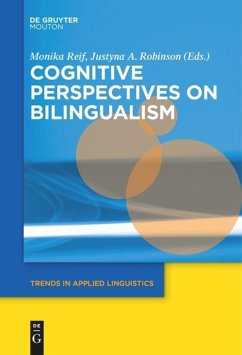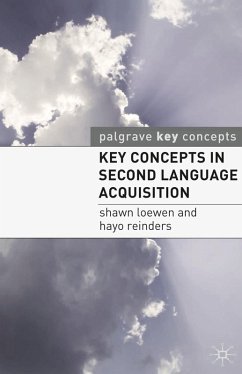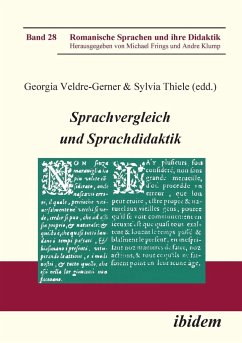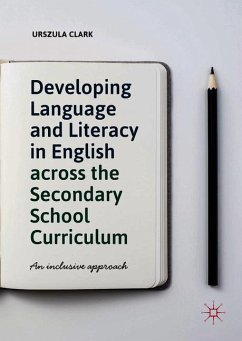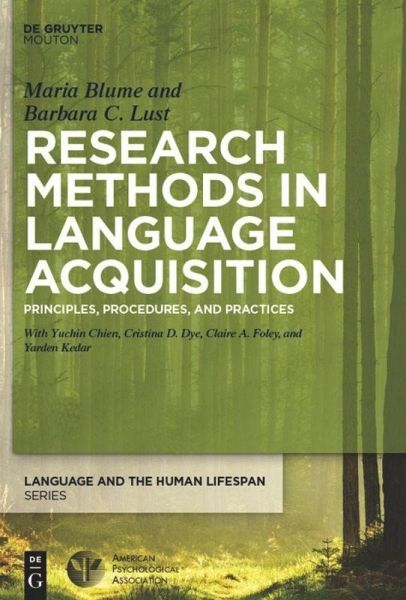
Research Methods in Language Acquisition
Principles, Procedures, and Practices
Ed: : Barbara Lust u. Maria Blume
Versandkostenfrei!
Versandfertig in 1-2 Wochen
89,99 €
inkl. MwSt.

PAYBACK Punkte
45 °P sammeln!
Language acquisition research is challenging-the intricate behavioral and cognitive foundations of speech are difficult to measure objectively. The audible components of speech, however, are quantifiable and thus provide crucial data. This practical guide synthesizes the authors' decades of experience into a comprehensive set of tools that will allow students and early career researchers in the field to design and conduct rigorous studies that produce reliable and valid speech data and interpretations. The authors thoroughly review specific techniques for obtaining qualitative and quantitative...
Language acquisition research is challenging-the intricate behavioral and cognitive foundations of speech are difficult to measure objectively. The audible components of speech, however, are quantifiable and thus provide crucial data. This practical guide synthesizes the authors' decades of experience into a comprehensive set of tools that will allow students and early career researchers in the field to design and conduct rigorous studies that produce reliable and valid speech data and interpretations. The authors thoroughly review specific techniques for obtaining qualitative and quantitative speech data, including how to tailor the testing environments for optimal results. They explore observational tasks for collecting natural speech and experimental tasks for eliciting specific types of speech. Language comprehension tasks are also reviewed so researchers can study participants' interpretations of speech and conceptualizations of grammar. Most tasks are oriented towards children, but special considerations for infants are also reviewed, as well as multilingual children. Chapters also provide strategies for transcribing and coding raw speech data into reliable data sets that can be scientifically analyzed. Furthermore, they investigate the intricacies of interpretation so that researchers can make empirically sound inferences from their data and avoid common pitfalls that can lead to unscientific conclusions.



